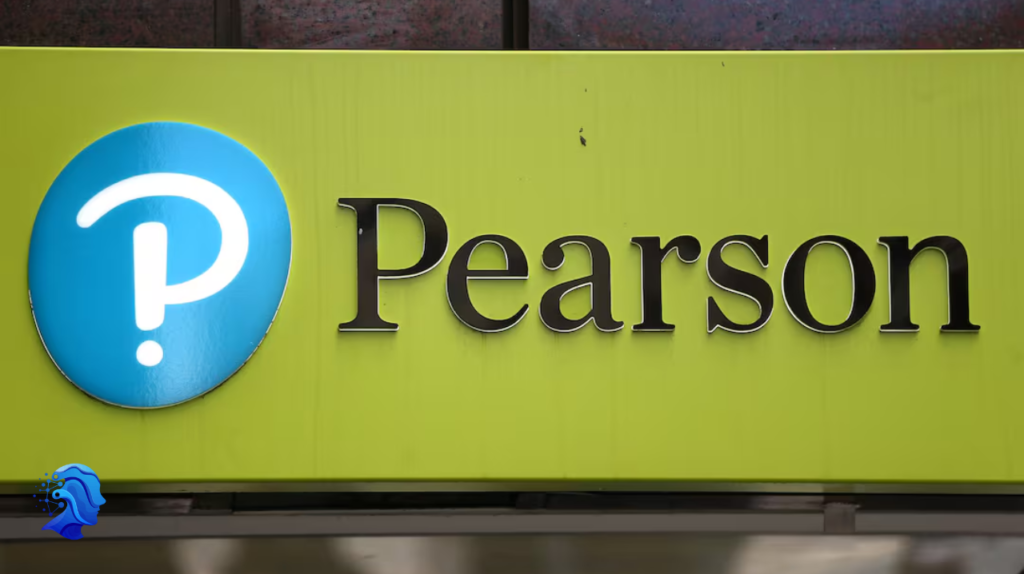British education company Pearson has reported a notable 5% increase in sales during its third quarter, buoyed by the integration of artificial intelligence (AI) and a robust performance in assessment and qualifications. This growth positions Pearson well to meet market expectations for the fiscal year.
Positive Performance Across Divisions
All Pearson divisions experienced growth in the quarter, which was strong. Notably, the higher education sector returned to growth, with AI study tools contributing to a 4% rise in sales. This shift underscores the increasing reliance on technology in education, which enhances student engagement and learning outcomes.
Embracing AI in Education
Chief Executive Omar Abbosh highlighted the company’s commitment to accelerating the deployment of AI across its operations. “We are starting to see a commercial benefit,” he stated, emphasizing the significant impact of AI tools on student learning. Over 5 million student interactions were recorded with these tools during the nine months leading to September, and they have been extended to more than 90 educational titles for the back-to-school season.
Integrating AI into higher education products has led to double-digit billing growth, illustrating these tools’ effectiveness in enhancing the educational experience.
Strategic Partnerships and Future Opportunities
Abbosh also pointed to workforce skills development as a critical opportunity for Pearson. The company recently signed a deal with ServiceNow, a U.S.-based AI-driven platform that assists organizations in managing workflows. “I see that as a very nice indicator of the kinds of deals that you’ll see us do more of in the future,” Abbosh noted, indicating Pearson’s strategic focus on leveraging AI to meet evolving educational demands.
Positive Market Reception
Shares in Pearson have risen by 11% year to date, with a 3% increase observed in morning trading following the earnings report. Analysts at Citi described the update as “solid,” noting that Pearson achieved growth across all divisions for the first time in over five years, excluding the unwinding of COVID-19 effects.
Based on a company-compiled consensus, analysts project that Pearson will report an adjusted operating profit of £598 million ($775 million) for the entire year. This optimistic outlook reflects confidence in Pearson’s ability to harness AI technology for continued growth.
Conclusion
Pearson’s third-quarter performance demonstrates the decisive role of AI in transforming education and driving sales growth. As the company continues to innovate and expand its AI capabilities, it is well-positioned to capitalize on emerging opportunities in the education sector.
With solid market reception and promising projections, Pearson is on track to deliver robust results in the coming quarters.
